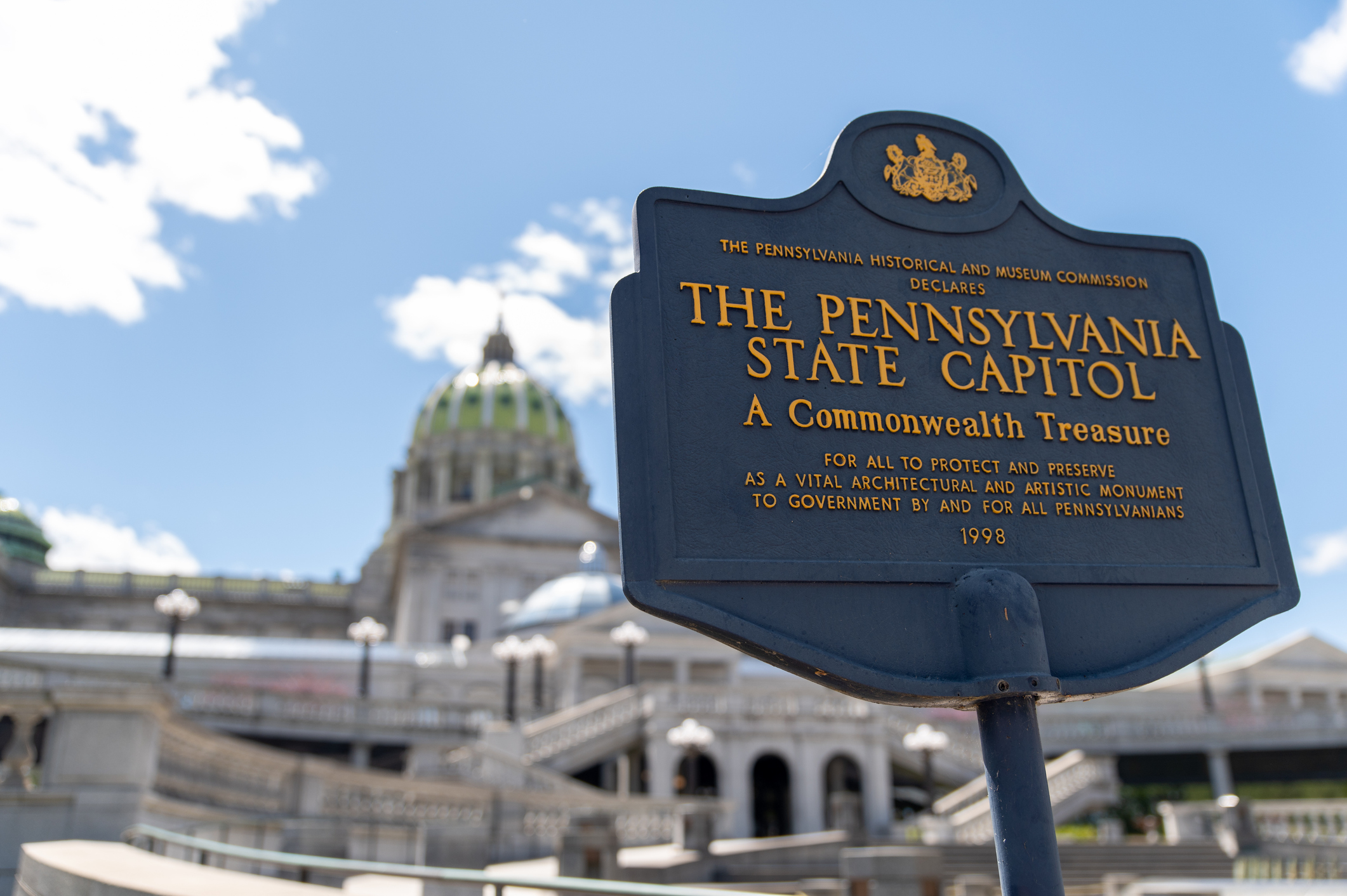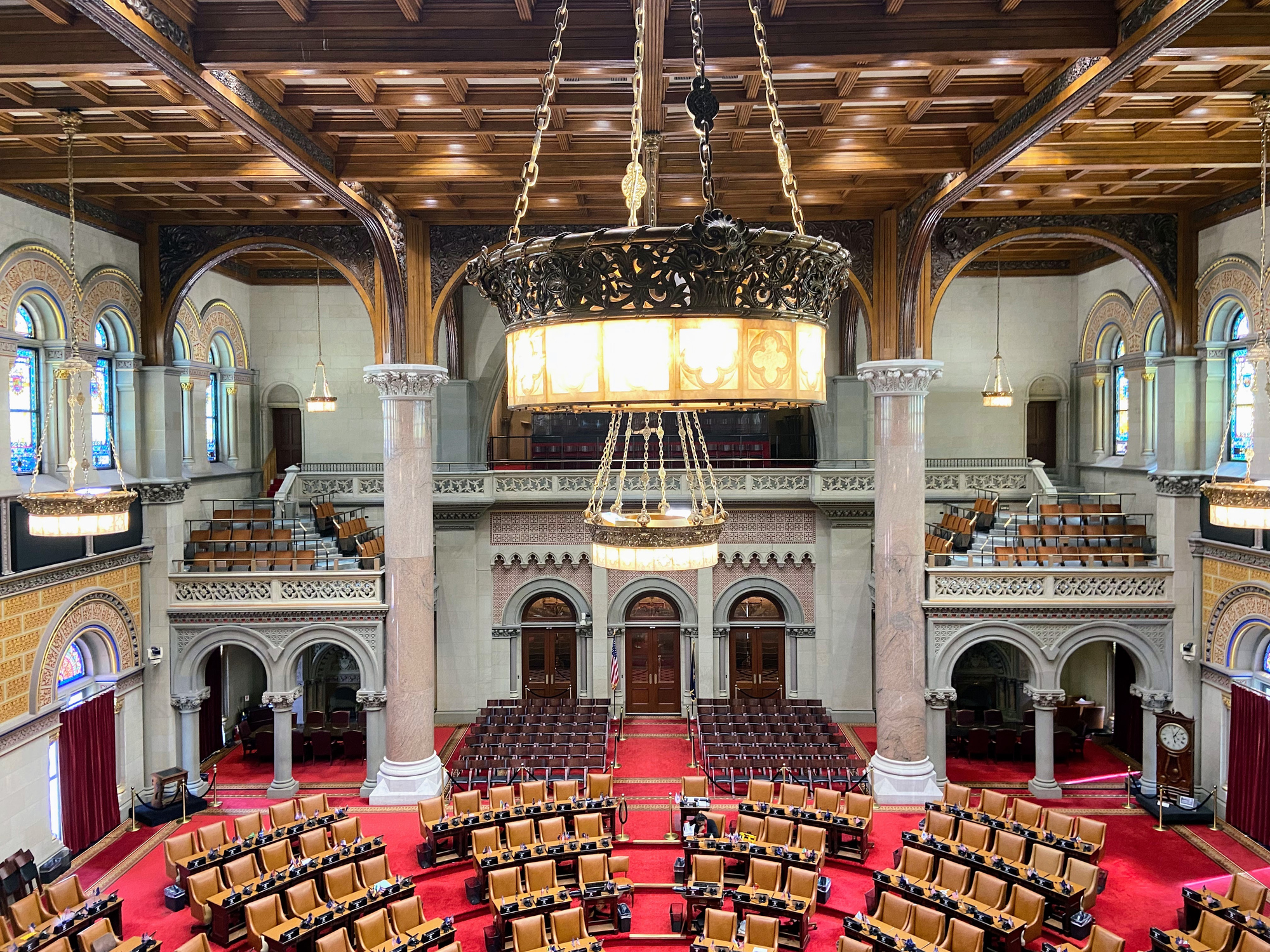
In 2025, several U.S. states have introduced legislation to prohibit geoengineering, defined as intentional large-scale interventions in Earth’s atmosphere or climate systems, such as cloud seeding or solar radiation modification. These geoengineering bans address practices that alter weather or sunlight intensity, often regulated under state environmental laws. This article examines recent legislative efforts in states like Florida and Montana, detailing their provisions and current status.
Florida Senate Bill 56: A Comprehensive Geoengineering Ban
In April 2025, Florida lawmakers passed Senate Bill 56, a landmark geoengineering ban that prohibits weather modification activities, including cloud seeding and solar radiation modification. Governor Ron DeSantis announced on May 6, 2025 his intent to sign the bill into law. The bill repeals Florida Statutes 403.301–403.341, which previously regulated weather modification. DeSantis emphasized that the geoengineering ban preserves Florida’s “Sunshine State” identity by protecting natural weather patterns.
The bill classifies unauthorized geoengineering as a felony, with penalties of up to five years in prison and fines up to $100,000. It also mandates airport monitoring to prevent such activities. Effective July 1, 2025, Florida’s geoengineering ban positions it as the first state to criminalize these practices, reflecting strong legislative support with an 82-28 House vote.
Montana Senate Bill 473: Balancing Geoengineering Ban with Cloud Seeding
Montana’s Senate Bill 473, passed on March 6, 2025, bans geoengineering practices like stratospheric aerosol injection and solar radiation management but permits cloud seeding for water resource management. Introduced by Senators Brad Phalen and Daniel Loge, the bill defines geoengineering as large-scale climate interventions and prohibits releasing chemicals to alter weather or sunlight intensity.
Unlike Florida’s blanket prohibition, Montana’s law integrates with existing environmental regulations under Title 75, Chapter 2, and awaits House approval and the governor’s signature.
New Jersey Senate Bill 4161: Targeting Hazardous Geoengineering
Introduced on February 25, 2025 by Senator Michael Testa, New Jersey’s Senate Bill 4161 seeks to ban the release of hazardous chemicals for geoengineering, including cloud seeding and aerosol injection. The bill defines “hazardous” as substances harmful to organisms or property and empowers the Department of Environmental Protection (DEP) to enforce the geoengineering ban through public monitoring and investigations.
Violators face civil penalties: $10,000 for a first offense, $25,000 for a second, and $50,000 for subsequent offenses, with each day counted separately. Still under consideration, the bill requires DEP regulations within 18 months of enactment.
North Carolina House Bill 362: Clean Skies Geoengineering Ban
North Carolina’s House Bill 362, introduced by Representative Almond on March 11, 2025, aims to prohibit atmospheric modification, including stratospheric aerosol injection and cloud seeding. Referred to the House Committee on Rules, the geoengineering ban amends environmental laws to bar intentional chemical releases for weather or sunlight manipulation.
The Environmental Management Commission will develop enforcement rules if the bill passes. While penalties are unspecified, the legislation highlights growing concerns about geoengineering’s impact on health, agriculture, and the environment.
Pennsylvania Senate Bill 508: Clean Air Preservation Act
Pennsylvania’s Senate Bill 508, introduced on March 21, 2025 by Senators Doug Mastriano and Camera Bartolotta, seeks to ban polluting geoengineering practices like cloud seeding and solar radiation modification. Known as the Clean Air Preservation Act, it tasks the State Police and sheriffs with issuing cease-and-desist orders and authorizes felony charges for violations, with fines of at least $500,000 and two years’ imprisonment.
Under review in the Agriculture and Rural Affairs Committee, the geoengineering ban also involves the Pennsylvania Air National Guard in investigations.
Rhode Island House Bill 5217: Broad Geoengineering Ban
Rhode Island’s House Bill 5217, introduced on January 29, 2025, bans geoengineering and weather modification, including stratospheric aerosol injection and cloud seeding. The Department of Environmental Management enforces the geoengineering ban, with the Attorney General pursuing fines of at least $500,000 and up to two years’ imprisonment per violation.
Referred to the Environment and Natural Resources Committee, the bill encourages citizen reporting and remains under study.
Texas Senate Bill 1154: Limiting Governmental Geoengineering
Texas Senate Bill 1154, introduced by Senator Bryan Hughes on February 6, 2025, prohibits governmental entities from engaging in geoengineering or weather modification. The bill amends the Agriculture Code to restrict the Texas Department of Licensing and Regulation’s role and repeals provisions allowing public weather modification contracts.
Exemptions apply to private institutions and emergency activities, but the geoengineering ban targets governmental overreach, awaiting further legislative action.
Vermont House Bill 217: Vermont Clean Air Preservation Act
Vermont’s House Bill 217, introduced on January 7, 2025, bans geoengineering and polluting atmospheric interventions, including cloud seeding and solar radiation modification. The Vermont State Police and sheriffs enforce the geoengineering ban, with felonies carrying up to $50,000 fines and two years’ imprisonment per day of violation.
Referred to the Committee on Environment and Energy, the bill also regulates radiofrequency emissions and involves citizens in enforcement.
From The Experts
Expert insights from the authors at Duane Morris Government Strategies.
Ryan Stevens
From Florida’s trailblazing geoengineering ban to Montana’s balanced approach, these state-level laws signal a growing movement to regulate atmospheric interventions. While concerns about environmental and health risks drive these bans, debates persist over balancing innovation with precaution. As more states consider geoengineering bans, their outcomes will shape the future of climate policy and environmental stewardship.
Latest News
Photo credit: iStock.com/sunstock As concerns over plastic pollution continue to grow, state legislatures across the country are revisiting and expanding policies aimed at reducing single-use plastic waste. Plastic bags, widely used for retail checkout, have [...]
Photo credit: iStock.com/Hamburg Studios As Pennsylvania continues to navigate an evolving energy landscape, state leaders are proposing new approaches to ensure reliability, affordability, and sustainability. Governor Josh Shapiro recently announced his “Lightning Plan”, a six-part [...]
Photo credit: iStock.com/Ray Tan As the impacts of climate change intensify, several U.S. states are taking legislative steps to address the mounting costs of adaptation and resilience. New York, New Jersey, and Vermont have recently [...]
Photo credit: iStock.com/Mikhail Dmitriev State lawmakers have taken legislative action to protect wildlife, including birds such as loons and swans, from lead poisoning. We have seen states pass laws banning lead sinkers or painted lead [...]






Stay In Touch